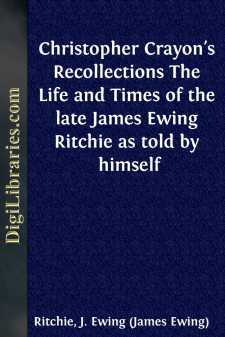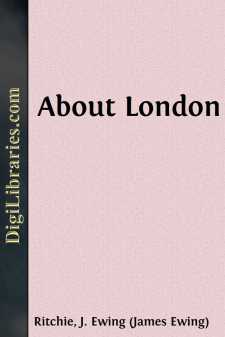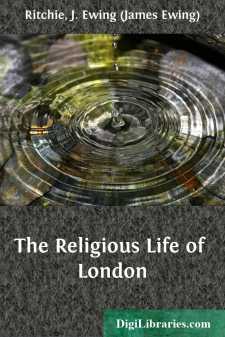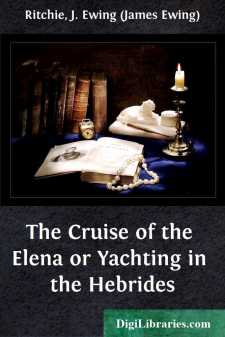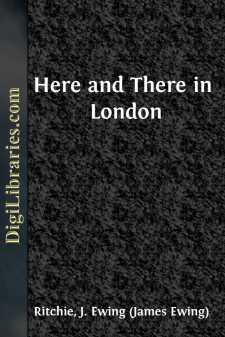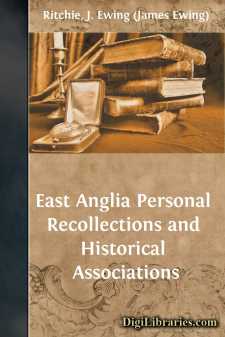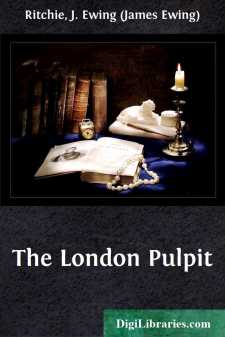Categories
- Antiques & Collectibles 13
- Architecture 36
- Art 48
- Bibles 22
- Biography & Autobiography 813
- Body, Mind & Spirit 142
- Business & Economics 28
- Children's Books 15
- Children's Fiction 12
- Computers 4
- Cooking 94
- Crafts & Hobbies 4
- Drama 346
- Education 46
- Family & Relationships 57
- Fiction 11828
- Games 19
- Gardening 17
- Health & Fitness 34
- History 1377
- House & Home 1
- Humor 147
- Juvenile Fiction 1873
- Juvenile Nonfiction 202
- Language Arts & Disciplines 88
- Law 16
- Literary Collections 686
- Literary Criticism 179
- Mathematics 13
- Medical 41
- Music 40
- Nature 179
- Non-Classifiable 1768
- Performing Arts 7
- Periodicals 1453
- Philosophy 64
- Photography 2
- Poetry 896
- Political Science 203
- Psychology 42
- Reference 154
- Religion 513
- Science 126
- Self-Help 84
- Social Science 81
- Sports & Recreation 34
- Study Aids 3
- Technology & Engineering 59
- Transportation 23
- Travel 463
- True Crime 29
Christopher Crayon's Recollections The Life and Times of the late James Ewing Ritchie as told by himself
Description:
Excerpt
CHAPTER I.
East Anglia in 1837.
In 1837 Lord Melbourne was Prime Minister—the handsomest, the most cultivated, the most courteous gentleman that ever figured in a Royal Court. For his young mistress he had a loyal love, whilst she, young and inexperienced, naturally turned to him as her guide, philosopher and friend. The Whigs were in office, but not in power. The popular excitement that had carried the Reform Bill had died away, and the Ministry had rendered itself especially unpopular by a new Poor-Law Bill, a bold, a praiseworthy, a successful attempt to deal with the growing demoralisation of the agricultural population. Lord Melbourne was at that time the only possible Premier. “I have no small talk,” said the Iron Duke, “and Peel has no manners,” and few men had such grace and chivalry as Lord Melbourne, then a childless widower in his manhood’s prime. He swore a good deal, as all fine gentlemen did in the early days of Queen Victoria. One day Mr. Denison, afterwards Lord Ossington, encountered Lord Melbourne as he was about to mount his horse, and called attention to some required modification in the new Poor-Law Bill. Lord Melbourne referred him to his brother George. “I have been with him,” was the reply, “but he damned me, and damned the Bill, and damned the paupers.” “Well, damn it, what more could he do?” was the rejoinder. And in East Anglia there was a good deal of swearing among the gentry. I can remember an ancient peer who had been brought up in the Navy, who resided in the Eastern Counties, and who somehow or other had been prevailed upon to attend as chairman at a meeting of the local Bible Society. I have forgotten the greater part of the noble Lord’s speech, but I well remember how his Lordship not a little shocked some of his hearers by finishing up with the remark—that the Bible Society was a damned good Society, and ought to be damned well supported. Another noble Lord, of Norfolk, had some fair daughters, who distinguished themselves in the hunting field, where they had a habit of swearing as terribly as an army in Flanders. In this respect we have changed for the better; ladies never swear now.
In politics bribery and corruption and drunkenness everywhere prevailed. It was impossible to fight an election with clean hands. In 1837 there was an election at Norwich; the late Right Hon. W. E. Forster has left us a good account of it. “Went to the nomination of city candidates this morning. The nomination was at eight. Went in with the mob into the lower court. Great rush when the door was opened. When the Crier demanded attention for the reading of the Act against bribery and corruption, he burst out laughing at the end, in which he was followed by the Sheriff, candidates and almost everybody else.” The show of hands was, as was generally the case, in favour of the Liberal. But on the next day—that of the poll—the Tories were declared to have the majority. All round the polling booths the rioting was great, as men were brought up in batches to vote—each party struggling to prevent their being done by the other, and a good deal of fighting ensued. Mr. Forster writes:—“About nine I sallied forth to take observations. At the Magdalen Ward booth I saw some dreadful cases of voting by drunken people, both Whig and Tory—one in which the man could hardly speak, and there were two men roaring Smith and Nurse (the names of the Whig candidates) in his ears. I went to see all the polling places in the course of time. About three I saw some furious bludgeon-fighting in Palace Plain, the police taking bludgeons from some Tory hired countrymen. The Mayor and Sheriff were there. One of the police was badly wounded by a bludgeon. The soldiers were sent for, and then the Mayor, thinking he could do without them, sent George Everett, the Sheriff’s son, a boy, and myself to stop them. We very soon met them in the road leading from the Plain to the barracks trotting forward with their swords drawn. We held up our hands and partially stopped them, but the Mayor altered his mind and they came on. The policemen had got the better, but the soldiers soon cleared the place.”
The election over—it is said to have cost £40,000—the triumphant Members were borne in chairs on men’s shoulders and carried through the streets—a very unpleasant process, as they had to smile and bow to the crowd of lookers-on in the streets and in the houses along which they passed. The old dragon Snap from St....


